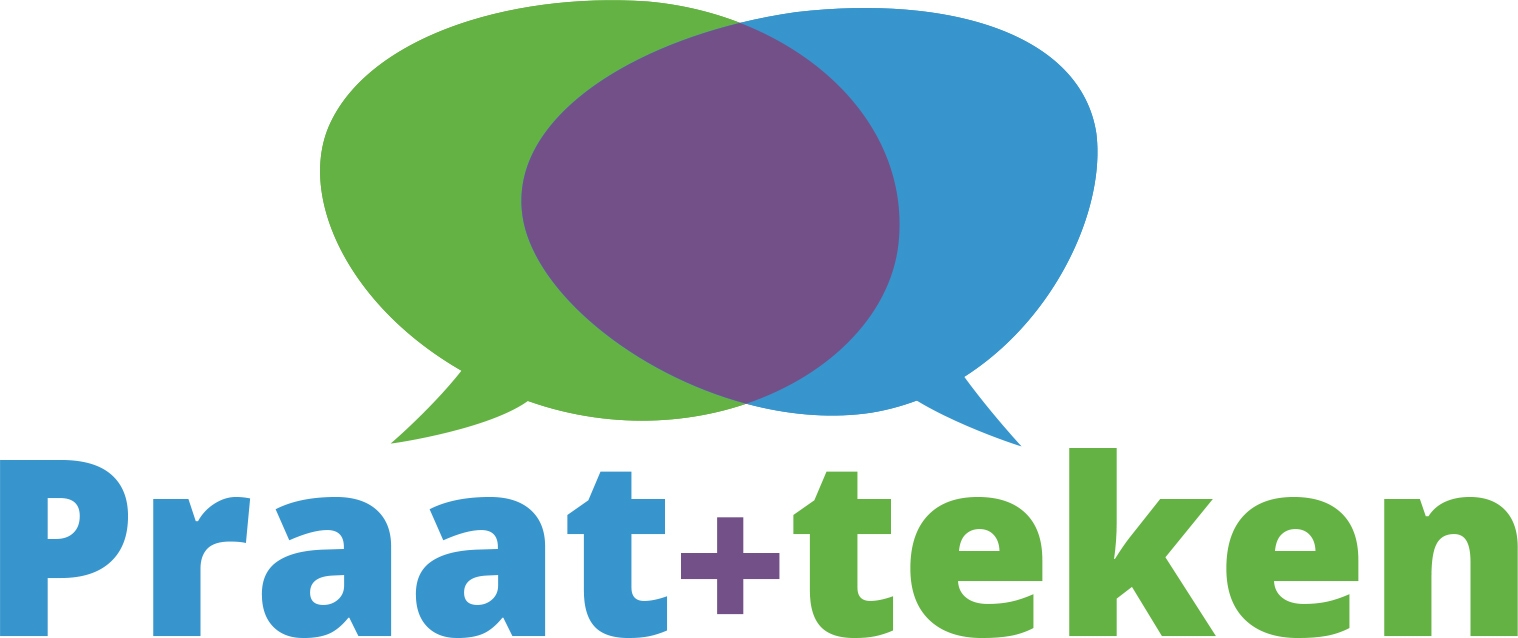- Welcome to Praat! Praat is a speech analysis tool used for doing phonetics by computer. Praat can analyse, synthesize, and manipulate speech, and create high-quality pictures for your publications. Praat was created by Paul Boersma and David Weenink of the Institute of Phonetics Sciences of the University of Amsterdam.
- Praat version 6.0.17 was used to analyze the second sentence of the Rainbow Passage, “The rainbow is a division of white light into many beautiful colors.” Both CPPS calculated from Praat and ADSV were highly correlated, while CPPS derived from Praat was uniquely predictive of voice disorder diagnosis above and beyond CPPS from ADSV.
PHONANIUM strongly beliefs in the value of acoustic methods in voice and speech clinics. Acoustic methods offer objective solutions for (a) the documentation of most vocal phenomena both quantitatively and qualitatively, (b) the measurement of specific aspects of voice/speech signals, and consequently (c) the tracking of voice/speech interventions.
Applications are welcome from all qualified students. Students are required to use our online application.
(1) Please read carefully all the admissions requirements for your admissions level (high school applicants, transfer, associate). International students must read both the information for their level and the international student requirements.
(2) Apply Online! This link will take you to our online application site where you may complete and submit your application. The first step is to create your login. To return to an application you have begun, click on the Apply Online link as well. You will also be able to check your status online.
Pratt Online Classes
We suggest submitting your online application several weeks before the deadline. All materials including portfolio are due by the deadline, except high school transcripts, which may be sent up to two weeks after the application deadline.
Although most materials should be submitted online, mailed materials may be sent to the address below.
Pratt Institute
Office of Undergraduate Admissions
200 Willoughby Avenue
Brooklyn, NY 11205
The Admissions Committee bases its decision on a careful review of all credentials submitted by the applicant. Admissions files are not considered complete and will not be reviewed until all required materials have been received.
Fee Waivers
Undergraduate applicants may request a college application fee waiver on the basis of family financial hardship using either the NACAC form or the SAT Fee Waiver form. Please follow the instructions on the College Board or the NACAC website to obtain either form and bring it to your guidance counselor. The criteria are listed on both sites.
Applicants who have already received an application fee waiver code from the College Board do not need to request a fee waiver code from the Pratt Institute admissions Office. The College Board code can be entered directly onto the online application by clicking the “Save, Pay, and Send” button at the end of the application once it is complete. This will take you to the application fee payment screen where you will choose the option to enter the College Board application fee waiver code to submit your application.
Applicants who have not received an application fee waiver code from College Board must first email a scanned copy of their waiver form to apphelp@pratt.edu or fax it to 718.636.3670 with a cover sheet saying 'Attention: Application Fee Waiver Request' before completing your online application. You will be emailed a one-time use waiver code to use on your online application once your fee waiver request is received and approved. Please let your guidance counselor know that we do not recommend mailing the fee waivers. They may email or fax us. Make sure you print information clearly and legibly on the forms. If faxing the form, you must include an email address to which the fee waiver code can be emailed. Failure to do so will prevent the processing of your request. Please allow up to five business days for the emailed requests and ten business days for faxed requests to be processed. The data you provide may be checked against the FAFSA. Please email apphelp@pratt.edu if you have questions about fee waivers. The application fee waiver code can only be used once and will be assigned to a specific applicant. Attempts to share the code will result in loss of fee waiver and possible withdrawal of your application. Please note that only the online application fee can be waived; we are not able to waive the Slideroom visual portfolio submission fee.
International students are not eligible for fee waivers.
Please email apphelp@pratt.edu if you have questions about fee waivers.
Latest versionReleased:
A library for working with praat, textgrids, time aligned audio transcripts, and audio files.
Project description
Questions? Comments? Feedback?
A library for working with praat, time aligned audio transcripts, and audio files that comes with batteries included.
Praat uses a file format called textgrids, which are time aligned speech transcripts.This library isn't just a data struct for reading and writing textgrids--many utilities areprovided to make it easy to work with with transcripts and associated audio files.This library also provides some other tools for use with praat.
Praat is an open source software program for doing phonetic analysis and annotationof speech. Praat can be downloaded here
Common Use Cases
What can you do with this library?
query a textgrid to get information about the tiers or intervals contained within
create or augment textgrids using data from other sources
found that you clipped your audio file five seconds early and have added it back to your wavefile but now your textgrid is misaligned? Add five seconds to every interval in the textgrid
utilize the klattgrid interface to raise all speech formants by 20% (among other possible manipulations)
replace labeled segments in a recording with silence or delete them
- see /examples/deleteVowels.py
use set operations (union, intersection, difference) on textgrid tiers
- see /examples/textgrid_set_operations.py
see /praatio/praatio_scripts.py for various ready-to-use functions such as
splitAudioOnTier(): split an audio file into chunks specified by intervals in one tierspellCheckEntries(): spellcheck a textgrid tiertgBoundariesToZeroCrossings(): adjust all boundaries and points to fall at the nearest zero crossing in the corresponding audio filealignBoundariesAcrossTiers(): for handmade textgrids, sometimes entries may look as if they are aligned at the same time but actually are off by a small amount, this will correct them
Documentation
Automatically generated pdocs can be found here:
Tutorials
There are tutorials available for learning how to use PraatIO. Theseare in the form of IPython Notebooks which can be found in the /tutorials/folder distributed with PraatIO.
You can view them online using the external website Jupyter:
Version History
Praatio uses semantic versioning (Major.Minor.Patch)
Ver 4.3 (Apr 5, 2021)
- Textgrid reading/writing is now more robust (newlines and quotes are ok)
- Textgrids can now be saved without creating blank intervals
- For backwards compatibility, by default, segments with no intervals will be given a blank entry with a label of '
Ver 4.2 (Aug 14, 2020)
- Textgrids can now be written to/read from a json file
- tg.save('blah.json', outputFormat=tgio.JSON)
- tg = openTextgrid('blah.json', readAsJson=True)
Ver 4.1 (May 13, 2020)
- Textgrids can now be read 'raw'
- For backwards compatibility, by default, unlabeled points and intervals are removed when opening textgrids
Ver 4.0 (February 5, 2020)
- Removed unlicensed xsampa.py file, along with associated utility sppas_util.py (originally added in Ver 3.4)
- If you are not directly importing either of those files, you can upgrade without changing your code
Ver 3.8 (July 24, 2019)
- Textgrids can be saved in the Textgrid long file format with .save(fn, useShortForm=False).
- For backwards compatibility, by default, it saves in the short file format.
- Textgrid output formatting is now closer to what Praat outputs.
Ver 3.7 (March 17, 2019)
- Speaker normalization and normalization within local context added to pitch and intensity query functions
- Generated pdoc documentation added
Ver 3.6 (May 05, 2017)
- Major clean up of tgio
- Ver 3.6 is not backwards compatible with previous versions of PraatIO. Lots of changes to tgio.
- Tutorials folder added
Ver 3.5 (April 04, 2017)

- Added code for reading, writing, and manipulating audio files (praatio.audioio)
- eraseRegion() and insertRegion() added to textgrids and textgrid tiers
Ver 3.4 (February 04, 2017)
- Added place for very specific scripts (praatio.applied_scripts)
- added code for using with input and output textgrids to SPPAS, a forced aligner
- Lots of minor features and bugfixes
Ver 3.3 (June 27, 2016)
- Find zero-crossings in a wave file
- for shifting all boundaries in a textgrid see praatio_scripts.tgBoundariesToZeroCrossings()
- for finding individual zero crossings, see praatio_scripts.findNearestZeroCrossing()
- Pitch features
- pitch extraction is now ten times faster
- automatic pitch halving/doubling detection
- median filtering
- Textgrid features
- set operations over two tiers (union, difference, or intersection)
- erase a section of a textgrid (and a section of the corresponding wave file)
- Extraction of pitch formants using praat
- Lots of small bugfixes
Ver 3.2 (January 29, 2016)
- Float precision is now preserved in file I/O
- Integration tests added; using Travis CI and Coveralls for build automation.
- Lots of small bugfixes
- Moved point processes into 1D and 2D point objects
Ver 3.1 (December 16, 2015)
- Support for reading/writing point processes
Ver 3.0 (November 10, 2015)
- Support for reading and writing klattgrids
Ver 2.1 (July 27, 2015)
- Addition of praatio_scripts.py where commonly used scripts will be placed
- Import clash led to praatio.py being renamed to tgio.py
Ver 2.0 (February 5, 2015)
- Support for reading, writing, and manipulating point tiers
- Ported to python 3
- Major cleanup/reorganizing of code
Ver 1.0 (August 31, 2014)
- Reading and writing of textgrids
- Support for reading, writing, and manipulating interval tiers
Requirements
Python 2.6.* or above
Python 3.3.* or above (actually, probably any version of python 3)
Usage
99% of the time you're going to want to run
Or if you want to work with KlaatGrid files
See /test for example usages
Installation
PraatIO is on pypi and can be installed or upgraded from the command-line shell with pip like so
Otherwise, to manually install, after downloading the source from github, from a command-line shell, navigate to the directory containing setup.py and type
If python is not in your path, you'll need to enter the full path e.g.

Citing praatIO
PraatIO is general purpose coding and doesn't need to be citedbut if you would like to, it can be cited like so:
Tim Mahrt. PraatIO. https://github.com/timmahrt/praatIO, 2016.
Acknowledgements
Development of PraatIO was possible thanks to NSF grant BCS 12-51343 toJennifer Cole, José I. Hualde, and Caroline Smith and to the A*MIDEX project(n° ANR-11-IDEX-0001-02) to James Sneed German funded by theInvestissements d'Avenir French Government program,managed by the French National Research Agency (ANR).
Release historyRelease notifications | RSS feed
4.3.0
4.2.1
4.2.0
4.1.1
4.1.0
4.0.0
3.8.1
Pratt Online
3.8.0
3.7.1
3.7.0
3.6.15
3.6.14
3.6.13
3.6.12
3.6.11
3.6.10
3.6.8
3.6.7
3.6.5
3.6.4
3.6.3
3.6.1
3.6.0
3.5.7
3.5.6
3.5.5
3.5.4
3.5.3
3.5.1
3.5.0
3.4.6

3.4.5
3.4.4
3.4.3
3.4.2
3.4.1
3.4.0
3.3.3
3.3.2
3.3.1
3.3.0
Download files
Download the file for your platform. If you're not sure which to choose, learn more about installing packages.
| Filename, size | File type | Python version | Upload date | Hashes |
|---|---|---|---|---|
| Filename, size praatio-4.3.0-py2.py3-none-any.whl (62.4 kB) | File type Wheel | Python version py2.py3 | Upload date | Hashes |
| Filename, size praatio-4.3.0.tar.gz (54.6 kB) | File type Source | Python version None | Upload date | Hashes |
 Close
Close
Hashes for praatio-4.3.0-py2.py3-none-any.whl
Praat Software Online
| Algorithm | Hash digest |
|---|---|
| SHA256 | 08927390c731a6001eedab442a92aebacac35c9334c515b36ffd5de07c8c0997 |
| MD5 | de14be7fe0d27519141e120c2ecfe365 |
| BLAKE2-256 | 77961f313345397c055ece2ac1a0b3315483629c631c1854ac9e9c6dcb3255b4 |
Jy Online
Hashes for praatio-4.3.0.tar.gz
Pratt Online Store
| Algorithm | Hash digest |
|---|---|
| SHA256 | b3c1c017b6ff38e26c7e82d07ea9da22314f9189e55c883343cd0f12f1df97c2 |
| MD5 | 24f514aa66d4ce88c6df1dfc12d70658 |
| BLAKE2-256 | e36006f80a9d3999a1d84a2bd44ec7a2466fec02ccb220ac84234f794c365cfd |
